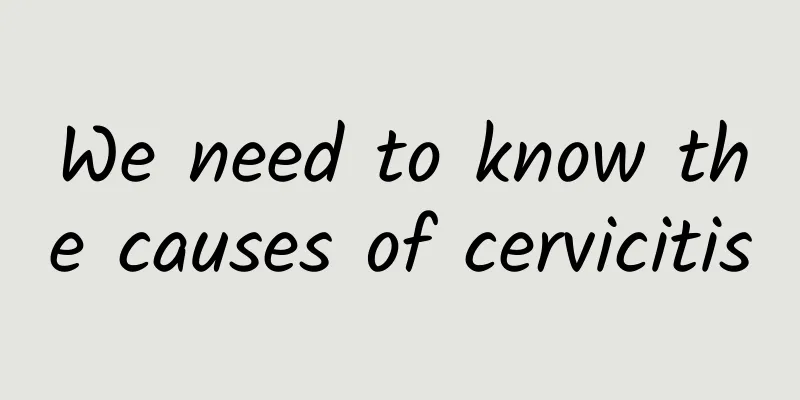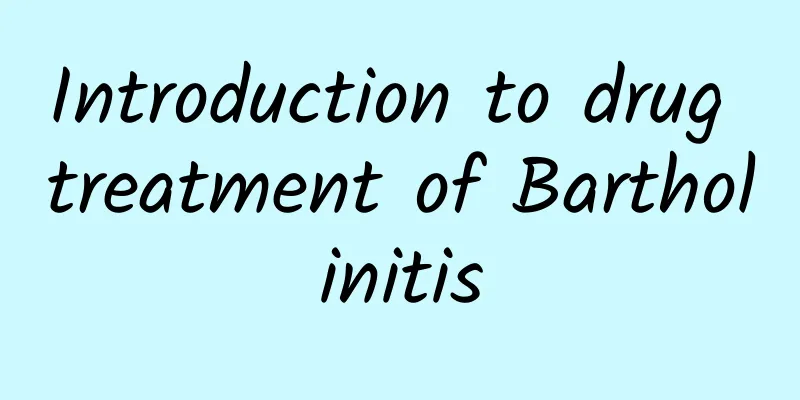3 Dietary Guidelines for Post-abortion

|
Artificial abortion is a way to end pregnancy artificially, but this method is actually very harmful to the patient. In addition to the psychological impact, it is also easy for women to suffer from some gynecological diseases, etc. Therefore, if an artificial abortion is performed, it is necessary to pay attention to post-operative care, especially in terms of diet. The following are three guidelines for diet after artificial abortion. Dietary adjustments should focus on the following points: (1) Protein is an important component of antibodies. If it is not taken in enough, the body's resistance will be reduced. Within half a month after artificial abortion, protein should be given at 1.5 to 2 grams per kilogram of body weight, and the daily amount is about 100 to 150 grams. Therefore, you can eat more chicken, lean pork, eggs, milk, beans, bean products, etc. (2) After an artificial abortion, the body is weak and prone to sweating. Therefore, water should be replenished in small amounts and multiple times to reduce water evaporation; sweat excretes a large amount of water-soluble vitamins, especially vitamin C, vitamin B1, and vitamin B2. Therefore, you should eat more fresh vegetables and fruits. This is also helpful to prevent constipation. (3) On the basis of a normal diet, fat should be appropriately limited. Within one week after surgery, fat should be controlled at about 80 grams per day. People with menstrual disorders should avoid eating irritating foods, such as chili peppers, wine, vinegar, pepper, ginger, etc. These foods can stimulate congestion of the sexual organs and increase menstrual volume. They should also avoid eating cold foods such as crabs, snails, and river clams. Try to eat well, sleep well, and pay attention to increasing nutrition to enhance the body's resistance to disease and promote the early repair of damaged organs. After abortion, you should eat more protein-rich foods such as fish, meat, eggs, and bean products, as well as fresh vegetables rich in vitamins to speed up your body's recovery. You should take food supplements immediately; you should not eat raw, cold, or irritating foods. If you have the conditions, you can refer to the normal postpartum diet. In addition, you should follow the taboos after childbirth in your life, do not take a bath, do not drink cold drinks, keep your clothes warm, and avoid catching a cold. |
<<: How to adjust your diet after an artificial abortion
>>: Selection of dietary recipes for post-abortion
Recommend
Will pelvic effusion cause abdominal pain? How to prevent pelvic effusion?
Studies have shown that women are more likely to ...
What is the reason for amenorrhea for half a year? What should I do?
What is the reason for amenorrhea for half a year...
What are the symptoms of different types of vaginitis?
Autumn is a beautiful season, but some women cann...
What are the common symptoms of endometrial tuberculosis?
What do you know about the common symptoms of end...
9 benefits of sweet potatoes: weight loss, lowering blood pressure, and stabilizing blood sugar! 5 ways to eat sweet potatoes for weight loss and 3 taboos
Sweet potato is a starchy whole grain ingredient ...
What are the common causes of cervicitis?
Many reasons can lead to cervicitis, so what are ...
Are uterine fibroids serious? How big is a uterine fibroid considered serious?
How serious are uterine fibroids? Uterine fibroid...
Treatment of cervical erosion, 5 common methods used in clinical treatment of cervical erosion
The occurrence of cervical erosion also needs to ...
What is the cause of lymphadenitis in the child's abdomen?
Lymphadenitis in the abdomen of children is usual...
What are the early symptoms of irregular menstruation?
Irregular menstruation is a common gynecological ...
What are the dietary precautions for women with chronic cervicitis? Patients with chronic cervicitis should pay attention to these in their diet
Women with cervicitis need to avoid certain foods...
How to treat endometriosis infertility
Generally speaking, women with endometriosis may ...
Some dietary taboos for patients with dysmenorrhea
There are some foods that female friends cannot e...
Can Bartholinitis be transmitted from mother to child?
Bartholinitis is a common disease of the vulva. T...
How to treat chronic left adnexitis
Treatment for chronic left-sided adnexitis includ...









